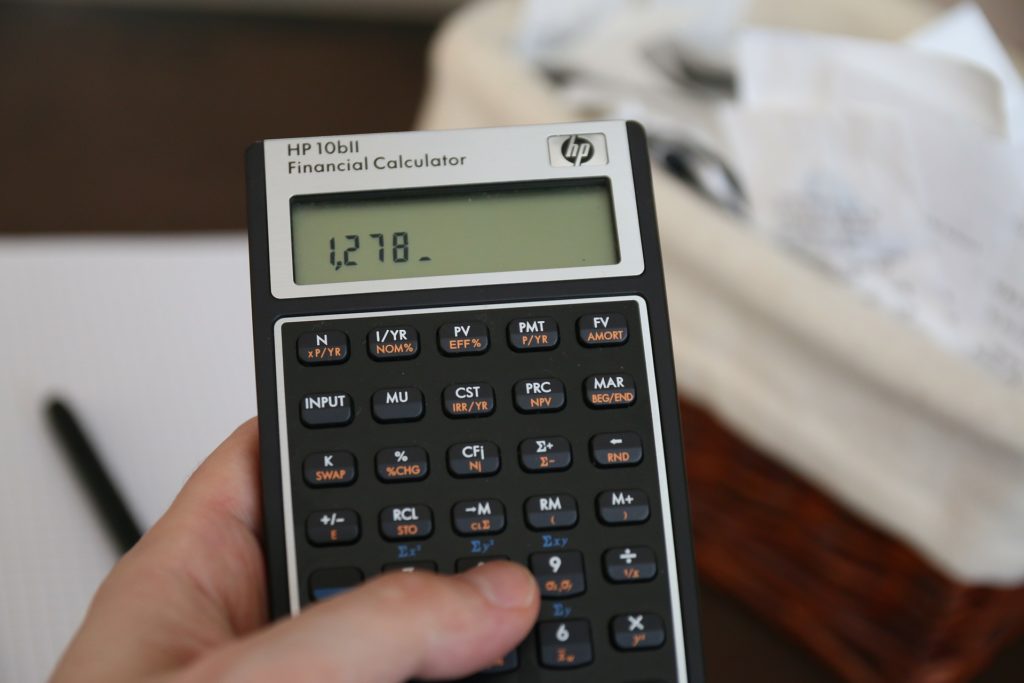Corporation tax is levied on incomes for each business year, which is mainly earned by corporations such as joint-stock companies and cooperatives through their business activities. Income tax is filed and paid to the tax office when an individual makes a profit, but in the case of a corporation, corporation tax is filed and paid to the tax office. Here, we will explain the outline of how corporation tax is levied.
What is Corporation Tax like in Japan?

A “corporation” is legally required to have the same rights and obligations as one individual. The following types are known as typical corporations.
・ Co., Ltd.
・ Partnership company
・ GK (LLC)
・ Social welfare corporation
・Institute
・ NPO corporation
Note that the taxable amount varies depending on the type and size of the corporation. No tax is levied if the business is not for profit, such as a social welfare corporation.
How’s Cooperate Tax Different From Income Tax
Keep in mind that the tax calculation method is different. Unlike income tax, which increases as the amount of income increases, cooperate tax rate doesn’t vary based on how much they earn.
Instead, the tax rate is determined based on factors such as the size and type of corporation.
| Cooperate Tax | Income Tax | |
| Term | Business period | January 1 ~ December 31 |
| Tax System | Flat rate | Progressive Tax Rate |
| Due Date of the Tax Return | Within 2 months from the day after the end of the business year | February 26 ~ March 15 |
3 kinds of cooperating tax in Japan

Corporation taxes on income for each fiscal year
Corporation taxes on income for each fiscal year are filed at the end of the fiscal year, and the amount to be paid is calculated based on the amount of income within the period.
The actual reflection period varies depending on each corporation, but in most cases, it reflects the contents of the articles of incorporation.
Income tax on income for each consolidated fiscal year
A corporation that has one company as its parent company and is consolidated with its subsidiaries is called a “consolidated business.”
Considering all consolidated parent companies and subsidiaries as one organization, the method of taxing the entire income is “corporation tax on income for each consolidated fiscal year.”
Corporation tax on retirement pension reserves
Corporations engaged in businesses related to retirement pensions are subject to a “corporation tax on retirement pension reserves,” which is different from their annual income. Corporations such as trust companies and insurance companies are common examples.
The Corporation Tax Rate in Japan

A major feature of corporation tax is the tax rate. The corporation tax rate, unlike progressive income tax, is determined by the type and size of the corporation. I will explain the corporation tax rate using an ordinary corporation such as a joint-stock company as an example.
・ The tax rate for small and medium-sized enterprises with the capital of 100 million yen or less is 15% for those with an annual income of 8 million yen or less, and 23.4% for those with an annual income of over 8 million yen (23.2% for the fiscal year starting after April 2018).
・ The tax rate for corporations other than SMEs is 23.4% (23.2% for the fiscal year starting after April 2018)
Corporation tax is determined by the size of the company in this way, (small and medium-sized enterprises have two levels depending on the amount of income). In other words, no matter how much income you earn, the maximum corporation tax rate is 23.4% (23.2% for the fiscal year starting after April 2018). More details are here.
The calculation for the corporation tax
The basis for calculating the corporation tax is the amount of income. income is the number excluding necessary expenses and losses spent on business. Make sure you understand the difference between profit and income. The formula for calculating the corporation tax amount is as follows.
Corporation Tax = Taxable income × Tax Rate
The Due Date for Cooperation Tax filing in Japan

“Fiscal year” means an accounting period that is divided at regular intervals in order to calculate the profits of a corporation. Basically, the business year of each corporation is determined by the articles of incorporation.
There are two types of corporation tax filing, an interim tax return and a final tax return. In the case of an ordinary corporation with a business year of more than 6 months, the interim tax return must be submitted to the competent tax office within 2 months from the day when 6 months have passed from the business start date.
There are two types of interim tax returns: “scheduled tax returns based on the previous year’s results” based on the income of the previous year and “interim tax returns based on provisional tax returns” calculated by performing the interim settlement of accounts. If the amount calculated based on the previous year’s results is 100,000 yen or less, or if the corporation tax amount calculated based on the provisional settlement exceeds the amount calculated based on the previous year’s results, the provisional settlement cannot be applied.
As a general rule, the final income tax return must be submitted to the competent tax office within two months from the day following the end of the business year. The taxpayer will settle the accounts after the end of the fiscal year, receive approval from the general meeting of shareholders, etc., and prepare a final tax return based on the finalized settlement of accounts.
Where to file corporation tax in Japan

The place of tax payment is the location of the company’s head office or main office. If you newly establish a corporation, you must submit a notification of establishment to the relevant tax office within two months from the date of establishment.
Corporation tax in Japan
Did you understand the basics of corporation tax? If you are a sole proprietor or a freelancer and have a large number of sales, you may be able to save tax by making it a corporation. Analyze and consider the balance.




Comments